
Sleeping is an important physiological activity that is essential for our physical health. As it helps in boosting the immune system and replenish the functionalities of organs inside the body, sleep disturbances will cause a blunder in certain vital functions, leading to chronic diseases like stroke, diabetes, coronary artery disease, and much more.
Insomnia and other sleep disorders like sleep apnea affect our bodily parts whereas the oral cavity is not an exception. Various dental health concerns happening with the negative impact of sleep deprivation on oral health concerns are demonstrated here. Keep reading to know more.
What is the link between lack of sleep and dental diseases?
As mentioned earlier, sleeping provides a chance for our body parts to replenish their minerals and enhance their functionalities. This applies to repair the cardiovascular system and blood vessels that are responsible for supplying nutritional components like calcium, phosphate to strengthen the enamel as well as the surrounding bone tissues.
Meanwhile, disturbed sleep patterns will mess up the immune system that makes our body fight against harmful bacteria. This also provides a way for bacterial attacks on teeth, gums, and other tissues in your mouth.
Besides thriving microbes in the mouth, poor sleeping tends to the following problems:
1) Tightness of the jaw
Jaw problems eventually happen with night bruxism. The depression caused due to lack of sleep induces the sufferers to grind their teeth in the initial stages. If it continues, they develop it as a habit and they begin to clench their teeth while sleeping.
Temporomandibular Joint is the point where our lower and upper jaws are connected. Frequent teeth grinding and clenching puts pressure over the tissues, muscles, and bony structure around the TMJ. This leads to TMJ pain.
People with TMJ joint disorders encounter a tight sensation in the jaw, difficulty in chewing and swallowing, etc, and require dental support to address this problem.
2) Mouth Breathing
In general, sleep apnea happens with the over the relaxation of muscles in the throat and airway. As the muscle obstructs the airway, it prevents oxygen intake and leads to sleep deprivation.
Due to the clogged nasal passage, our body finds it hard to breathe and disrupts sleep. This makes them develop the habit of keeping their mouths open while sleeping to accommodate oxygen but it lets their mouth dry by absorbing saliva.
In simply, sleep apnea leads a sleeper to develop mouth breathing that leads to problems like dry mouth, bad breath.
3) Periodontitis
Periodontitis is the advanced stage of gum disease. When the gum infection progresses to this stage, the microbes affect the gum tissues and bone around the teeth. This is followed by losing one or more teeth.
The ill-effects of sleep apnea like reduced saliva, teeth grinding, dry mouth issues make your teeth, gums, and tooth roots exposed to microbes in the mouth. Apart from oral bacteria, gum disease occurs with many factors including poor diet, stress, etc.
Moreover, researchers observed that people who have a good night’s sleep have fewer chances of developing periodontal diseases than people suffering from sleep disorders. Dentists reveal that the production of inflammatory hormones due to sleep apnea also plays a major role in this problem.
Bottom line
Sleep apnea is categorized as mild, moderate, and severe. Doctors derive a treatment plan based on that. However, some people are not aware of their sleep deprivation and its harmful effects on overall health. Luckily, treating poor quality sleep is possible with treatments like Continuous Positive Airway Pressure.
Apart from general doctors, dentists are also specialized in diagnosing this problem with various dental irregularities that happen with lack of sleep and suggest you the right solution.

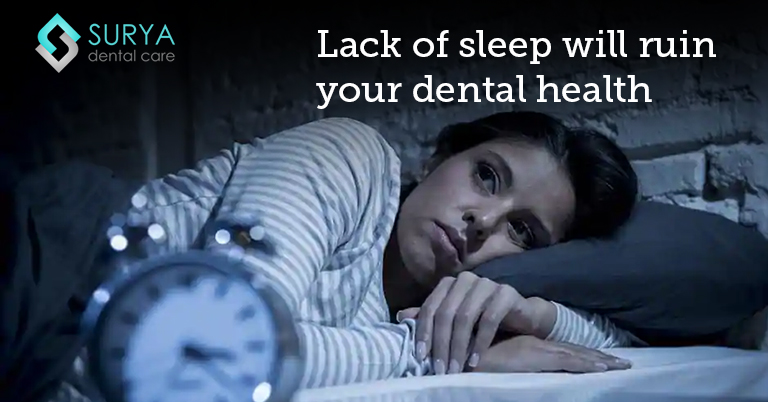

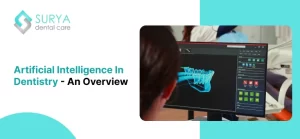
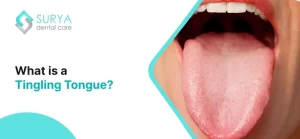
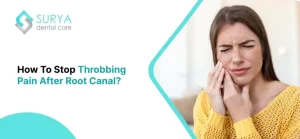

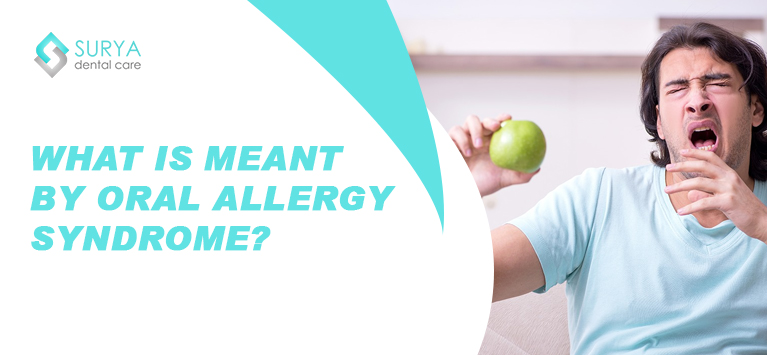

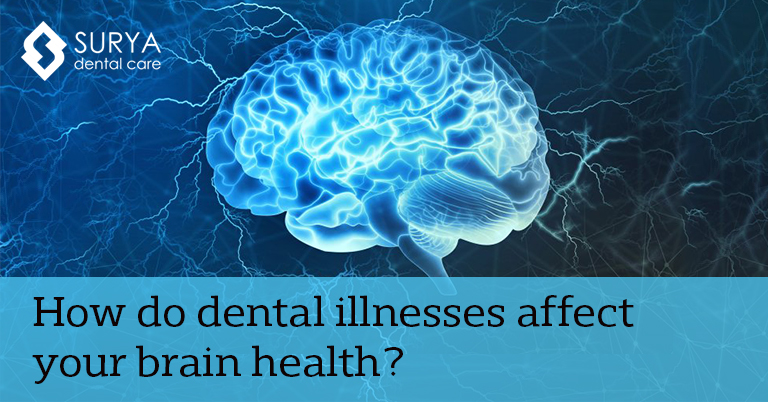
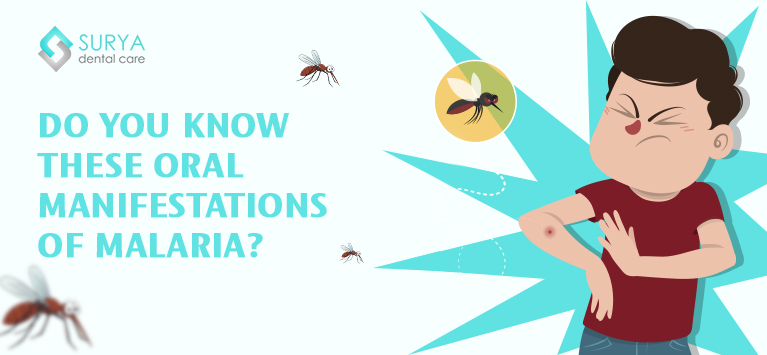
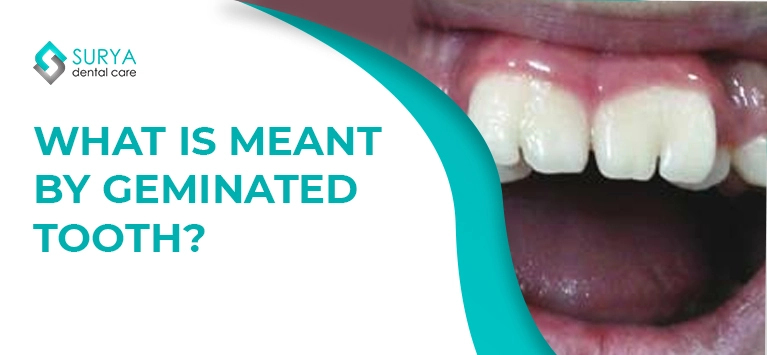
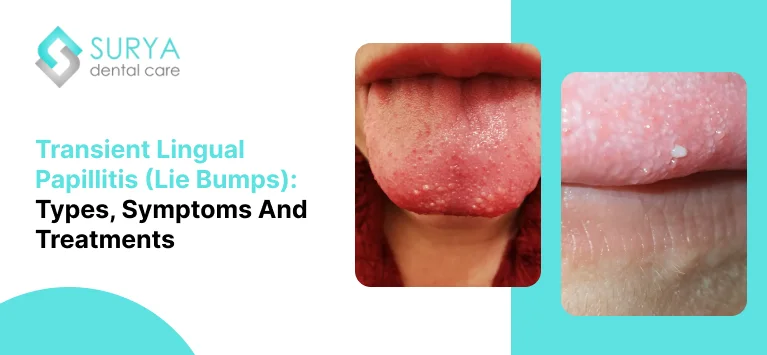
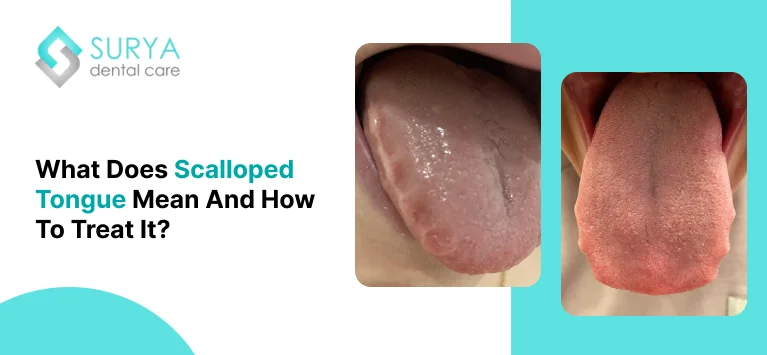

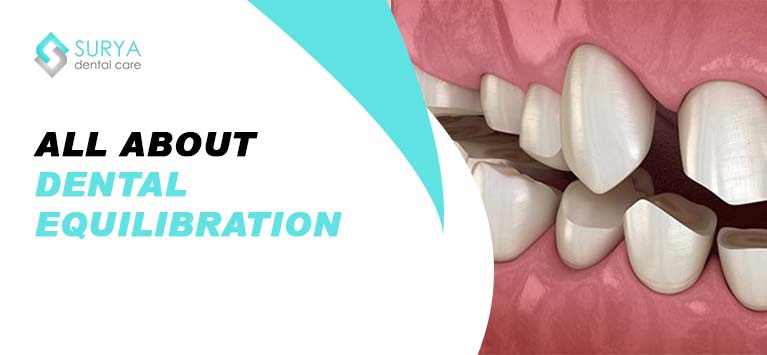
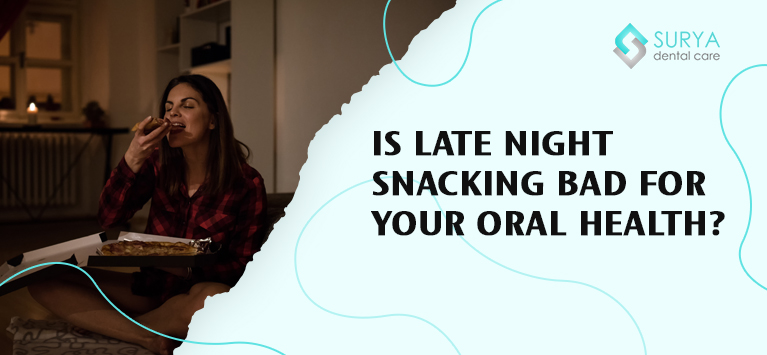
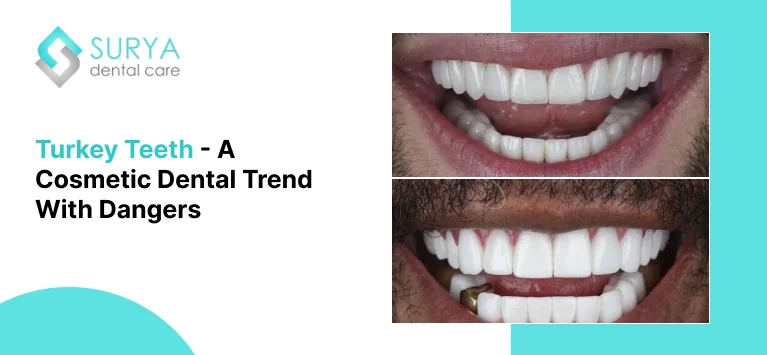


Leave a Comment